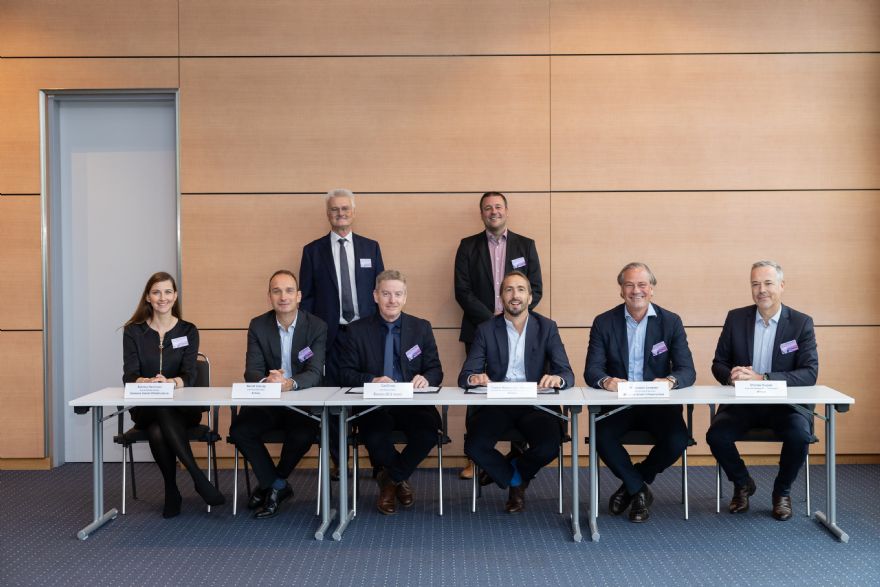 Siemens
Siemens and
Airbus have taken a significant step forward in their enduring partnership by signing a strategic contract aimed at decarbonising Airbus’ key UK industrial sites in Broughton, Filton, and Stevenage. The agreement marks a pivotal moment in Airbus’ broader environmental programme, which seeks to reduce its operational footprint through targeted cuts in CO
2 emissions and energy consumption. One of Airbus’ facilities in the USA will also benefit from the initiative.
Under the framework agreement, Siemens will deploy its proven and scalable decarbonisation technologies, tailored to the specific needs of each site. The goal is to help Airbus achieve an annual reduction of 80 kilotonnes of CO
2 equivalent by 2030. The project will be spearheaded by
Siemens’ Smart Infrastructure Buildings division, with Capgemini providing consulting support, governance definition, and project planning expertise. Together, the companies bring a wealth of experience in sustainability and digital transformation.
Siemens will begin by assessing the sites and developing a comprehensive decarbonisation masterplan. This will include the use of Energy System Twins to simulate and identify optimal pathways for emissions reduction. Key technologies to be deployed include heat pumps for low-carbon heat production, energy efficiency upgrades, smart metering, on-site renewable energy integration, and intelligent energy management systems.
These measures are designed to help Airbus meet its targets of a 20% reduction in energy consumption and an 85% cut in Scope 1 and 2 greenhouse gas emissions by 2030, compared to 2015 levels. Capgemini’s role in the first phase will focus on consulting and digitalisation, particularly in automating energy monitoring and measurement systems. The collaboration reflects a shared commitment to innovation and sustainability.
Leading the way to ‘net zero‘Carl Ennis, CEO of Siemens UK and Ireland, said: “Decarbonising industry can’t be done alone. It demands the right partnerships, the right technology, and the resolve to act. Our work with Airbus shows how industry leaders can unlock meaningful emissions reductions through digitalisation, smart infrastructure, and low-carbon energy systems. As one of the world’s most advanced engineering economies, the UK has both the opportunity and the capability to lead the way to ‘net zero’ — and we are proud to be helping deliver that transformation with Airbus.”
The roadmap to 2030 began in the summer of 2025 with the development of site-specific decarbonisation strategies. Engineering studies will guide the rollout of infrastructure, which is scheduled to begin in 2026. Siemens will also provide long-term operation and maintenance services to ensure continued efficiency and resilience.
The partnership between Siemens and Airbus spans more than 50 years, encompassing factory automation, industrial software, safety systems, and building technologies. This latest agreement builds on that legacy, reinforcing both companies’ commitment to sustainable industrial innovation.